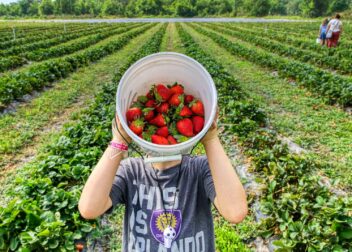Best Practices for Raising Healthy Livestock
Healthy livestock are the backbone of a successful farming operation. Ensuring their well-being not only improves productivity but also aligns with ethical farming practices.
Nutrition plays a critical role in livestock health. Providing a balanced diet tailored to the specific needs of each species ensures optimal growth and productivity. Incorporate high-quality forage, grains, and supplements as needed. Monitor feeding patterns to prevent overfeeding, which can lead to obesity and health issues.
Proper housing is equally important. Livestock require clean, spacious, and well-ventilated shelters to thrive. Overcrowding can lead to stress and the spread of diseases. Ensure that barns and coops are regularly cleaned and disinfected to maintain hygiene.
Disease prevention should be a top priority. Vaccination schedules must be followed, and any signs of illness should be addressed promptly. Working closely with a veterinarian can help create a proactive health plan for your livestock.
Stress management is another key aspect. Animals under stress are more susceptible to diseases. Handling livestock gently and providing adequate space for them to roam and graze can significantly reduce stress levels.
Finally, integrating sustainable practices like rotational grazing and waste recycling can enhance livestock farming. Healthy livestock not only ensure higher profits but also contribute to a sustainable ecosystem.



